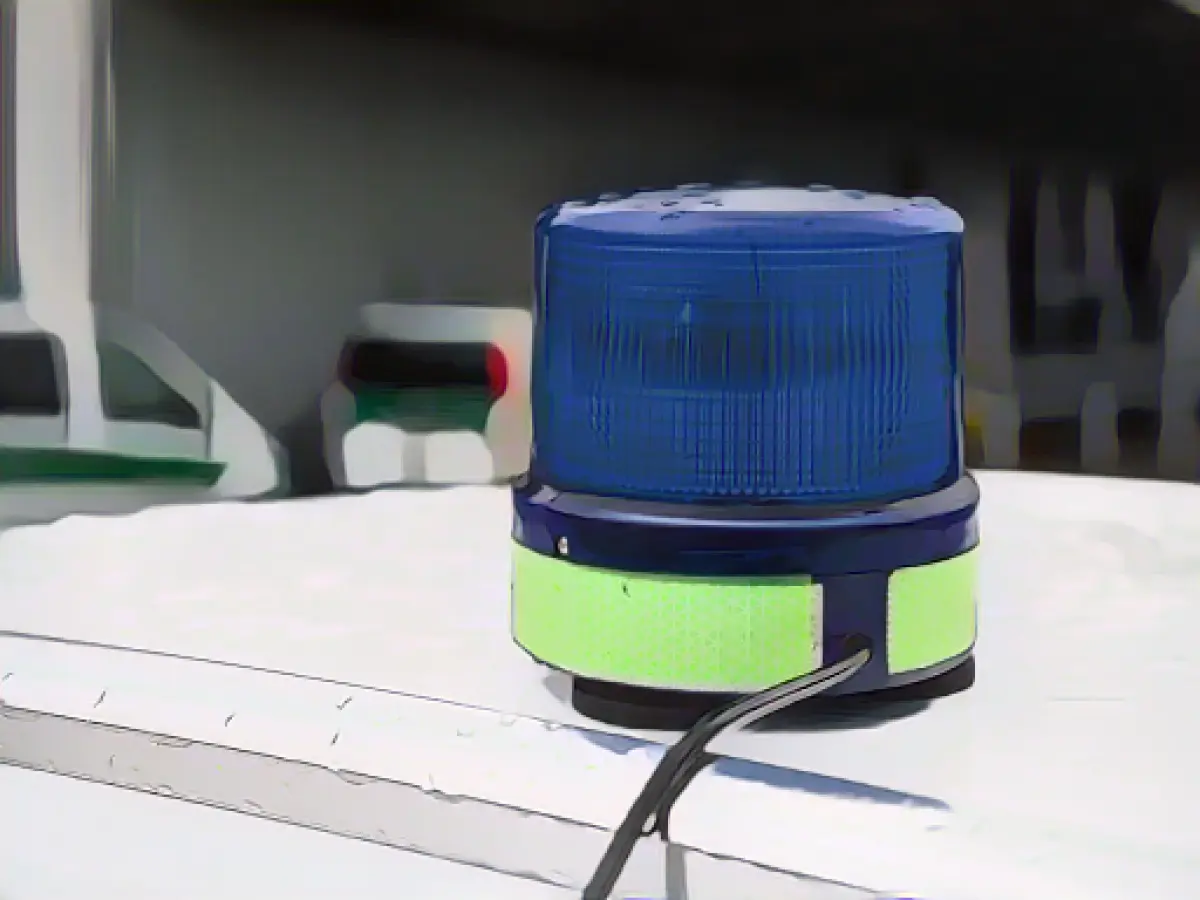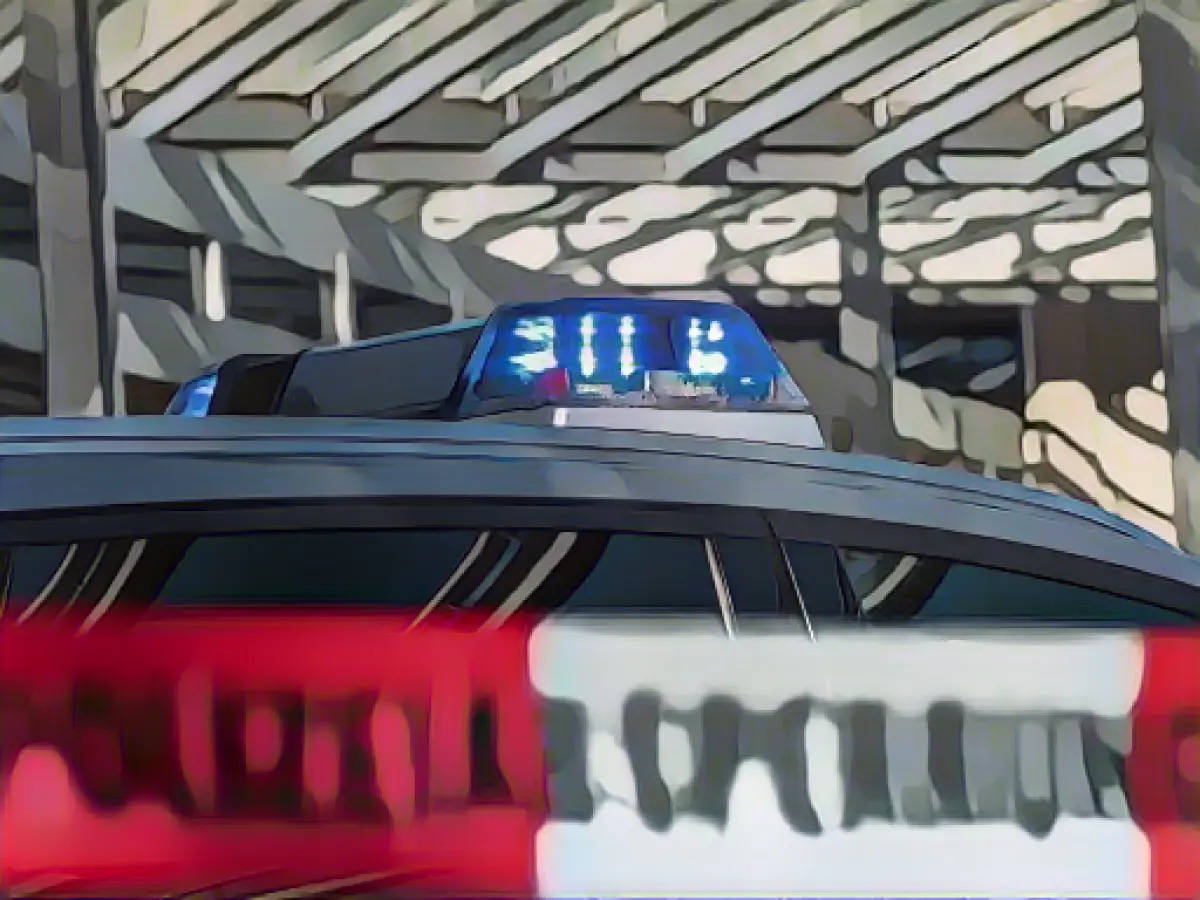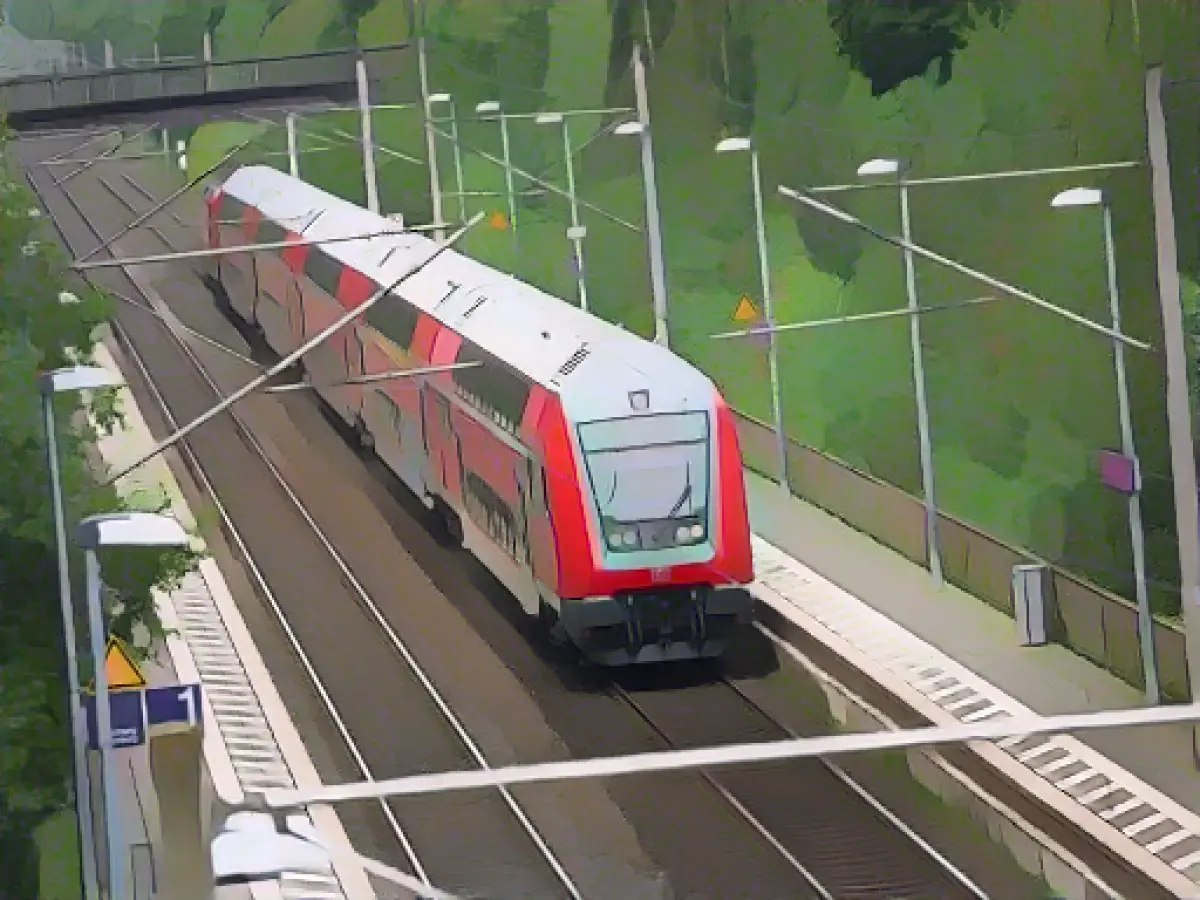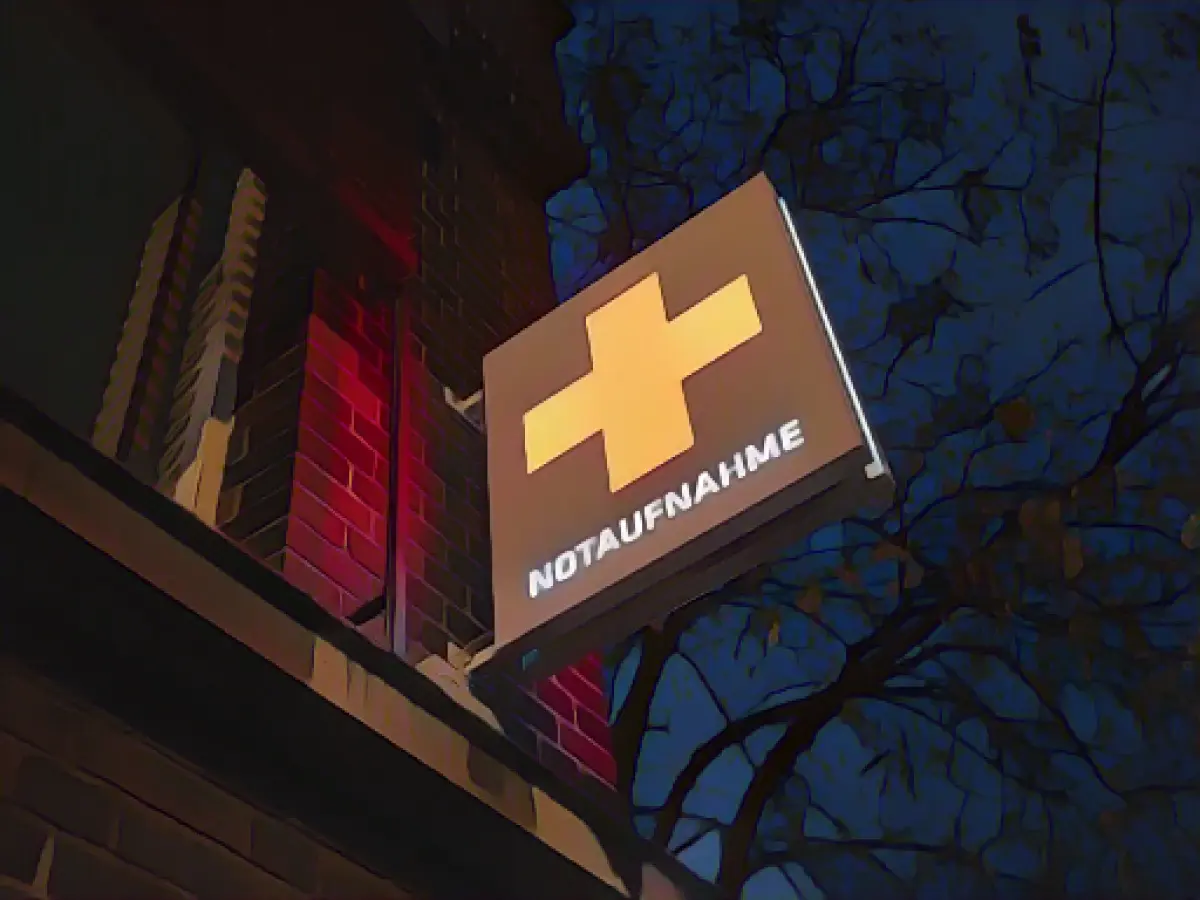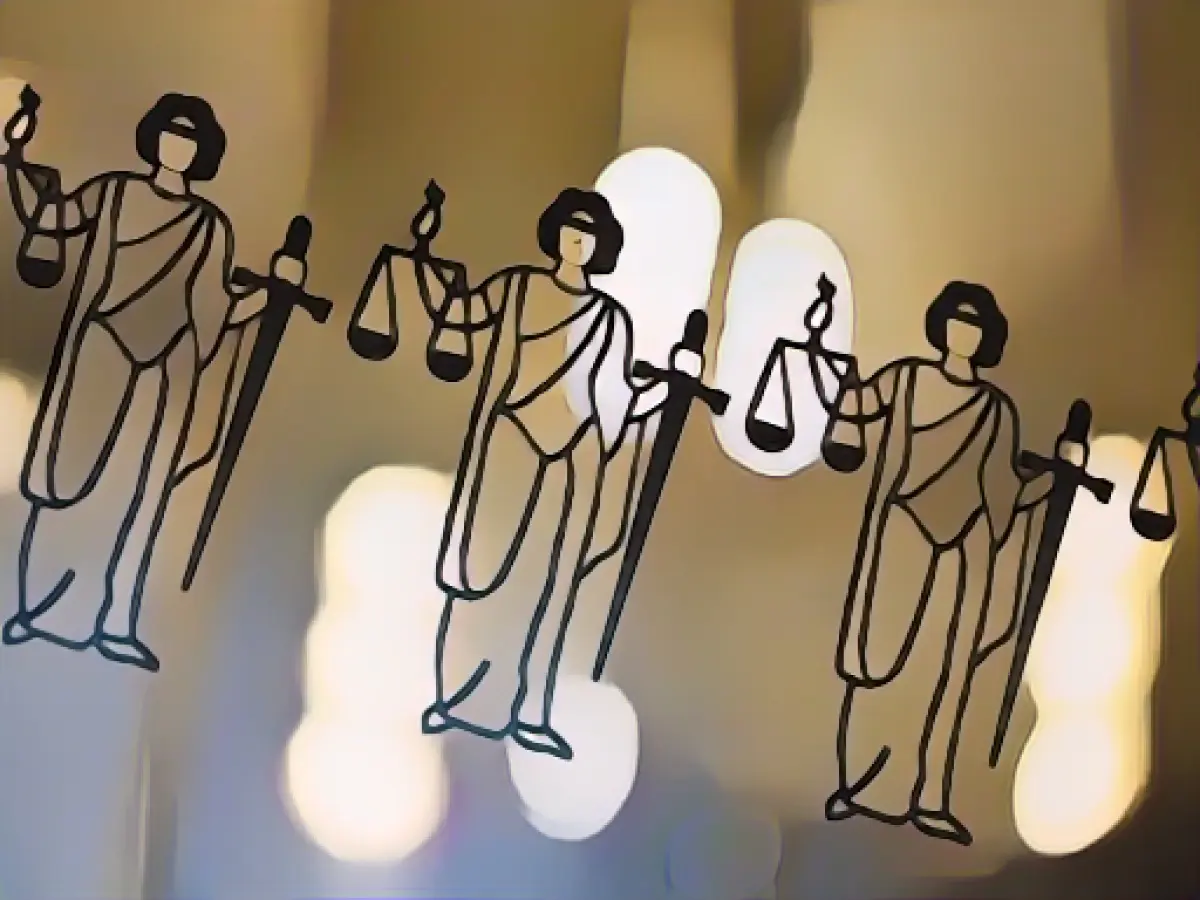In the bustling city of Nuremberg, an unexpected artistic outburst has caught the attention of authorities and citizens alike. Over thirty pieces of graffiti, emblazoned in stark black and white, have emerged at the Northeast train station, adorning windows, concrete walls, and even the seating area of a nearby restaurant. The central themes of these messages? "Free Palestine" and "No War," as confirmed by a local police spokesperson.
The unknown artists behind this display haven't just left their mark on station property; their work has also become a subject of discussion in the realm of public art and political expression. This isn't the first time such messages have appeared in European cities, as Central France has also witnessed an uptick in graffiti advocating for Palestine and peace.
The implications of these actions stretch far beyond the vibrant urban landscapes. As tensions continue to escalate between Israel and Palestine, Europe grapples with its own internal struggles and external influences. Political divisions, religious disagreements, and international rivalries contribute to a complex mosaic of factors that spur on hate crimes and vandalism in various forms, including graffiti.
While sources on the Gaza war-related graffiti incidents in Nuremberg and Central France are scarce, the broader context of rising antisemitism and political tensions offers some insight. Historically, conflicts in the Israeli-Palestinian arena have garnered both international condemnation and support, leaving a contentious and sometimes volatile atmosphere. The graffiti can be seen as a manifestation of these fractured sentiments, reflecting the power dynamics and complex geopolitical landscape at play.
The police are currently investigating the incidents, aiming to uncover any potential motives and damage estimates. Until further information emerges, this eye-catching display of political art serves as a testament to the deeply felt and passionately expressed sentiments about the ongoing conflict in Gaza.
